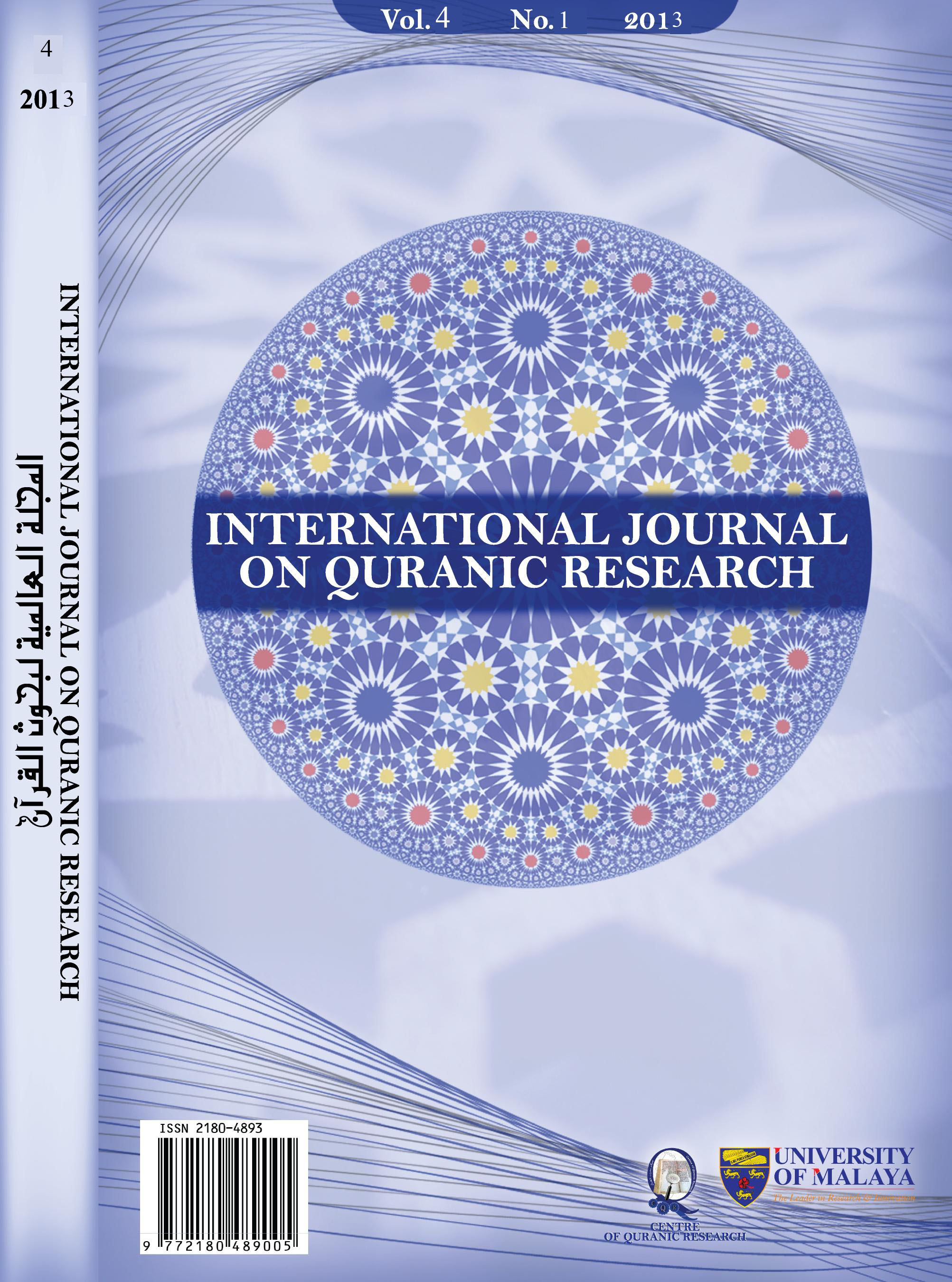Cognitive Meanings in Selected English Translated Texts of the Noble Qur'an
Keywords:
Qur’an, Metaphor, Cognitive, Conceptual, Translated TextsAbstract
The genre of translated texts (interpretations) of the Noble Qur’an - especially into English - enjoys a distinctive status as a major source to accessing the meanings of the Noble Qur’an for non-Arabic speakers. Thus, it has been a fertile field for academic research. Most, if not all, of those studies evolve around the assessment of such translated (interpretation) works. Yet, very little is known about the cognitive meanings associated with such a genre. This paper attempts at investigating cognitive metaphorical meanings in two English Translated Texts of the Noble Qur’an (ETTQs); one is done by Pickthall (1930) and the other is done by the Reformist group (2007). Based on Conceptual Metaphor Theory (Lakoff and Johnson 1980), a mixture of qualitative and quantitative method is utilized to analyze chapter two (the longest chapter) of the sampler ETTQs. The study shows that both ETTQs are rich in metaphorical language. Four conceptual meanings are found to be prevailing in both ETTQs; LIFE IS A JOURNEY, FAITH IS COMMERCE, HEARTS ARE CONTAINERS and SOUL IS A PERSON, respectively. Yet, the study has also found a few differences between the two ETTQs in terms of use and number of instances for particular conceptual metaphors.
Downloads
Downloads
Published
Issue
Section
License
Disclaimer
QURANICA makes every effort to ensure the accuracy of all its contents. However, opinions, discussions, views and recommendations are expressed in this journal do not necessarily reflect the official policy of QURANICA or views of its editors or publishers. Therefore, QURANICA and its publishers will not be liable for any controversy may be arisen. The journal reserves the right, at its sole discretion, to change its terms and conditions of publications.
Copyright
It is a condition of publication that manuscript submitted to the journal have not been published, accepted for publication, nor simultaneously submitted for publication elsewhere. By submitting a manuscript, the author(s) agrees that copyright for the article is transferred to the publisher, if and when the manuscript is accepted for publication.






